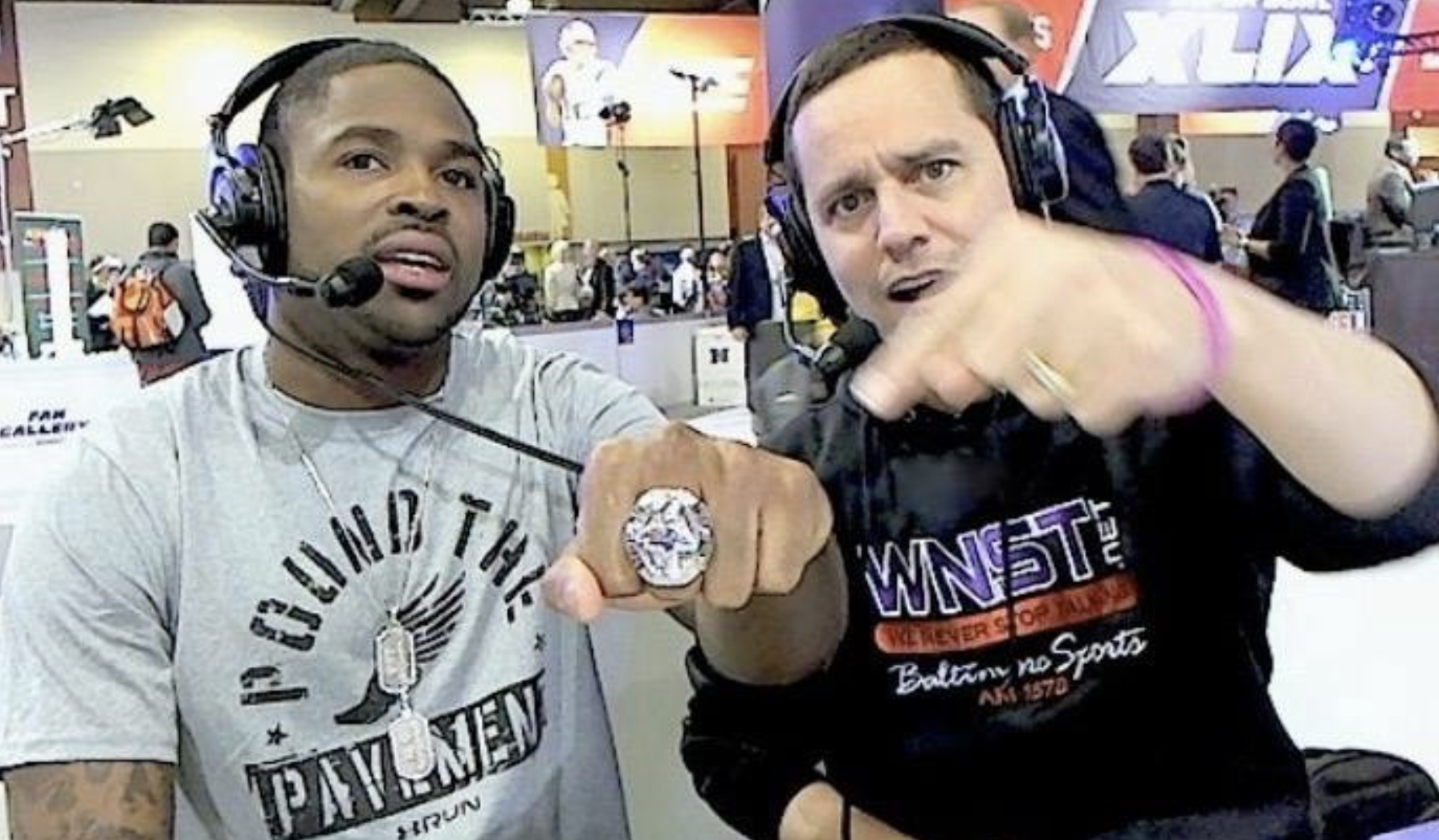Browns quarterback Brandon Weeden led a last-minute, potential game-tying drive down the field into the Ravens red zone, but his final pass sailed high, and the home team survived. Flacco ended the night 28-of-46 for 356 yards, but it was the defense that both won the game and allowed the Browns to hang around all night.
Weeden, a 29-year old rookie, managed to throw for 320 yards and moved the Browns successfully at different points in the game, but had to settle for three field goals as the Ravens bent but never broke down the stretch. The Ravens had trouble defending the middle of the field, allowing Weeden to complete short passes that sometimes became longer, first-down runs when the defense missed the fist tackle. Without Suggs and playing on short rest after a torrid pace vs. Brady four nights earlier, the pass rush was gassed as only Paul Kruger managed a sack on Weeden.
Cornerback Cary Williams, who turned down a three-year, $15 million contract extension during training camp, made the play of the game, jumping a 3rd and 5 out route intended for wide receiver Travis Benjamin past midfield, returning the ball 63 yards down the sideline untouched to give the Ravens a commanding 23-10 lead in the third quarter.
Williams was one of the more interesting players on the 2012 team because unlike some of the blue chippers and Hall of Famers on the team, he had to scratch and claw his way to a starting position at cornerback, a position where late-round picks and free agents rarely make it. Being an NFL corner is referred to as “being on an island,” and Williams was strangely comfortable there.
Cary Eric Williams was born December 23, 1984 in Miami and like several of his Ravens teammates, spent a childhood amidst violence, poverty, and poor role models. His hometown was Liberty City, famous for riots in 1980. Williams has said that many of his childhood teammates are now dead. He spent his early childhood with an abusive father who was a high school track star in the 1970s in Dade County. His mother was committed to several mental health facilities. Williams’ father lost custody of Cary and his brother, Ronald, when signs of abuse were apparent. Instead of going into foster care, the Williams boys lived with their 25-year old cousin, Calvin Golson and his newlywed wife, and Cary excelled at football, basketball, and especially baseball, spending much of his time at a local Methodist church on weekends.
Williams attended three different high schools and was once removed from a school in Coral Gables for using a fake address because he wanted to be a in a better school district to play sports and get a better education. He returned to Chaminade High School in Hollywood, Florida and at 6-foot-1 with the ability to cover the best wide receivers in South Florida, both Florida State and North Carolina State recruited him, but he wound up taking his best offer: Fordham in New York City.
Williams flew off to The Big Apple but was never comfortable. He had problems with the coaching staff and they kicked him off the team and out of school.
“It was me saying some crazy things to coaches after I felt like I should have been playing,” he admitted. “They weren’t playing me. It was a learning experience. It was a humbling experience at Fordham when I had to control that beast and understand that there is a political aspect to the game as well. There are some things I had to control as a person as well.”


























